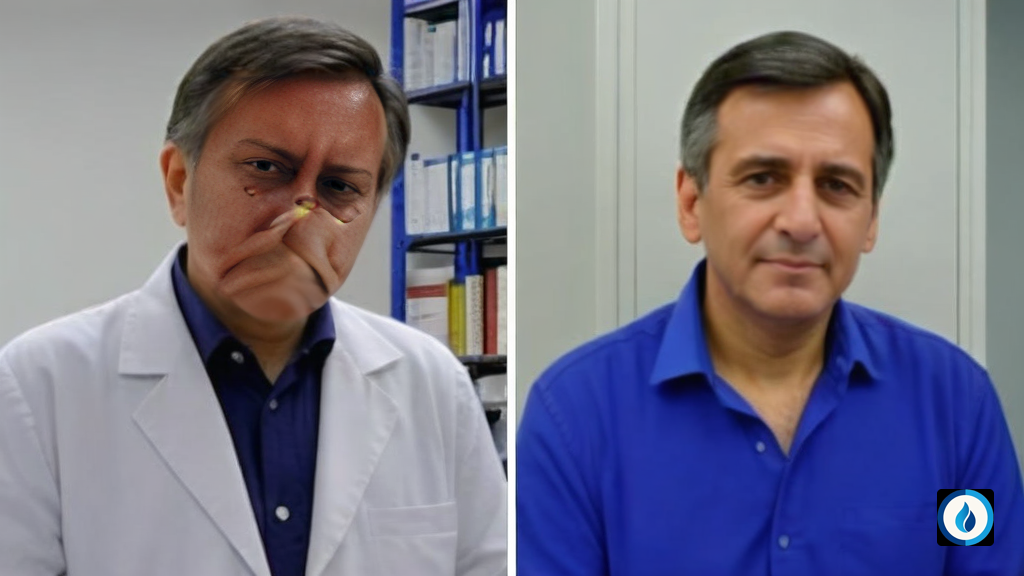A silent pandemic: The fight against cardiovascular diseases
In today’s world, cardiovascular diseases have emerged as the main threat to health and well-being. With an unstoppable rise in healthcare costs due to an aging population, calcific aortic stenosis is emerging as one of the most common forms of heart valve disease. Its devastating effects not only represent a medical challenge, but also an economic one.
Fighting aortic stenosis: A groundbreaking discovery
Aortic stenosis, characterized by narrowing of the aortic valve due to calcification and degeneration, has long been an enigma to the medical community. Until now, aortic valve replacement was the only option to combat symptoms and improve long-term survival, since there was no effective pharmacological treatment to alter its evolution.
However, a ray of hope has emerged on the horizon of medical research. A team of scientists led by the Jiménez Díaz Foundation-Autonomous University of Madrid has made a revolutionary discovery: galectin-1, a key protein in the prevention of pathological mechanisms associated with aortic stenosis.
Galectin-1: The guardian of the heart
The presence of galectin-1 in stenotic aortic valves has been confirmed by this innovative study. Most surprising is that the levels of this protein are significantly higher in the valves of men compared to women. These gender differences suggest the need to develop specific treatments adapted to each sex.
Furthermore, galectin-1 has been shown to have a protective effect against valvular calcification. Previous studies had already revealed its ability to regulate inflammation in other cardiovascular disorders, but its impact on aortic stenosis was unknown until now.
The path to cure
The findings of this study open new avenues for the treatment of aortic stenosis. The possibility of using galectin-1 as a therapeutic target could change the course of this deadly disease. However, more research is needed to validate these results and move them from the laboratory to the bedside.
Ultimately, this discovery represents a milestone in the fight against cardiovascular disease. Investment in research and development of specific therapies is crucial to improve the quality of life and survival of millions of people around the world.
Readers are reminded that the information provided in this article is based on scientific research and statements from health professionals. If you have any concern related to your health, it is advisable to consult a specialist.
